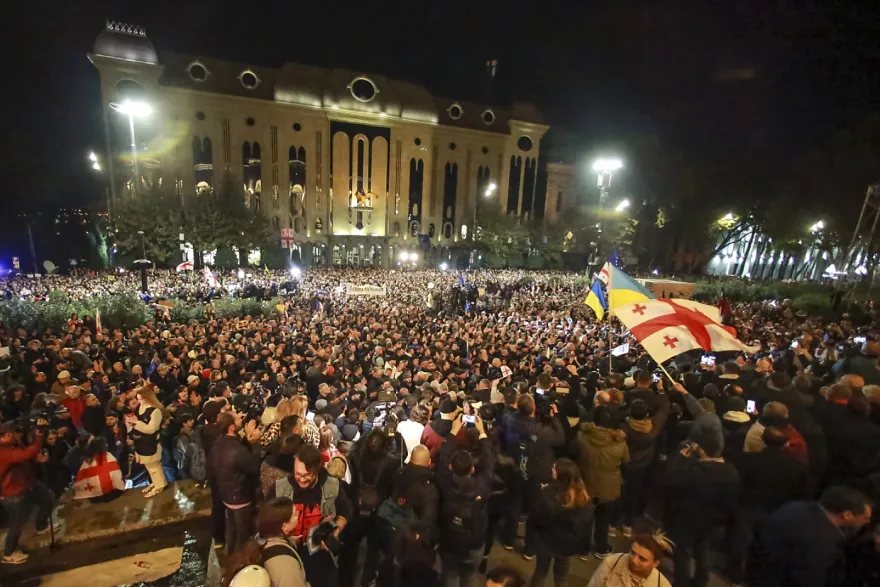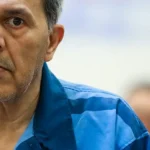The Georgian Election Commission announced on Tuesday a partial recount of votes in 14% of polling stations after the pro-European opposition accused the ruling party of electoral fraud. This follows the ruling party’s claim of victory in last Saturday’s parliamentary elections.
Hungarian Prime Minister Viktor Orban, an ally of Russia’s Vladimir Putin, voiced his support for the current Georgian government during his visit, positioning himself at odds with the EU, where Hungary currently holds the rotating presidency. Orban’s endorsement comes amidst EU and U.S. concerns over reported irregularities. Both Brussels and Washington have urged Tbilisi to investigate allegations of vote manipulation and voter intimidation. The Election Commission stated it would randomly select five polling stations per district for the recount.
With nearly all votes tallied, preliminary results credit the ruling Georgian Dream party with 53.92% of the vote, while the opposition coalition garnered 37.78%. The recount announcement coincides with Orban’s second day in Tbilisi, where he congratulated the Georgian Dream on what he deemed a “free and democratic” election, commending voters for choosing “peace” over potential regional unrest.
European officials, however, criticized Orban’s actions. EU foreign policy chief Josep Borrell clarified that Orban does not represent the EU in this matter. Additionally, foreign ministers from 13 EU member states, including France, Germany, and Poland, condemned Orban’s premature visit.
Meanwhile, pro-European Georgian President Salome Zourabichvili, distancing herself from the ruling party, joined the opposition in denouncing alleged election irregularities. Tens of thousands protested peacefully in Tbilisi, waving Georgian, EU, and Ukrainian flags in response to the perceived drift toward Moscow.
In recent months, Tbilisi’s EU membership bid has been frozen, following the enactment of a controversial “foreign influence” law. This legislation, resembling a Russian measure, has strained EU-Georgia relations and led to U.S. sanctions on Georgian officials accused of suppressing protests.
This article is originally published on swissinfo.ch








